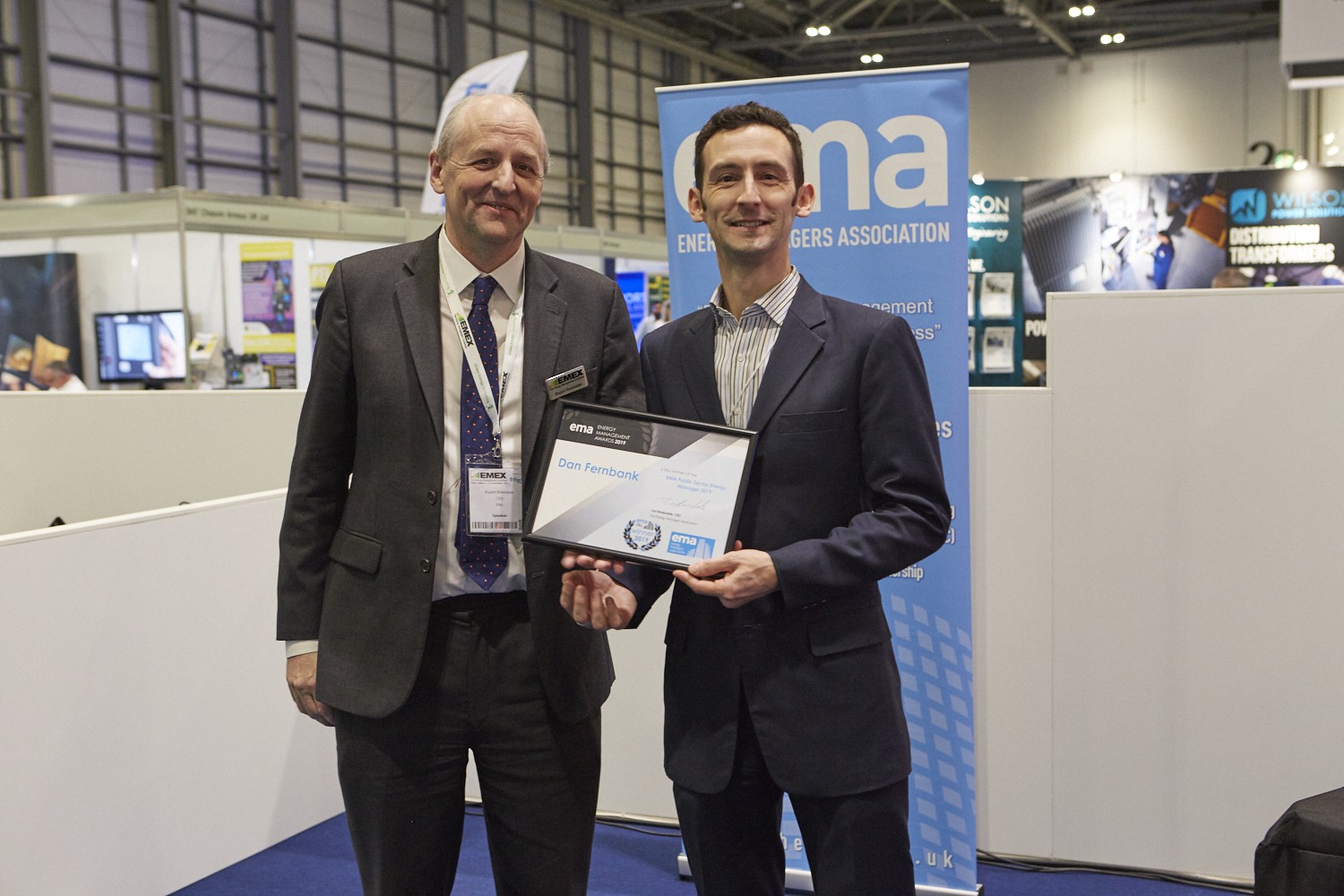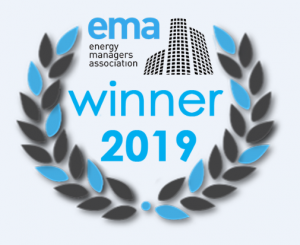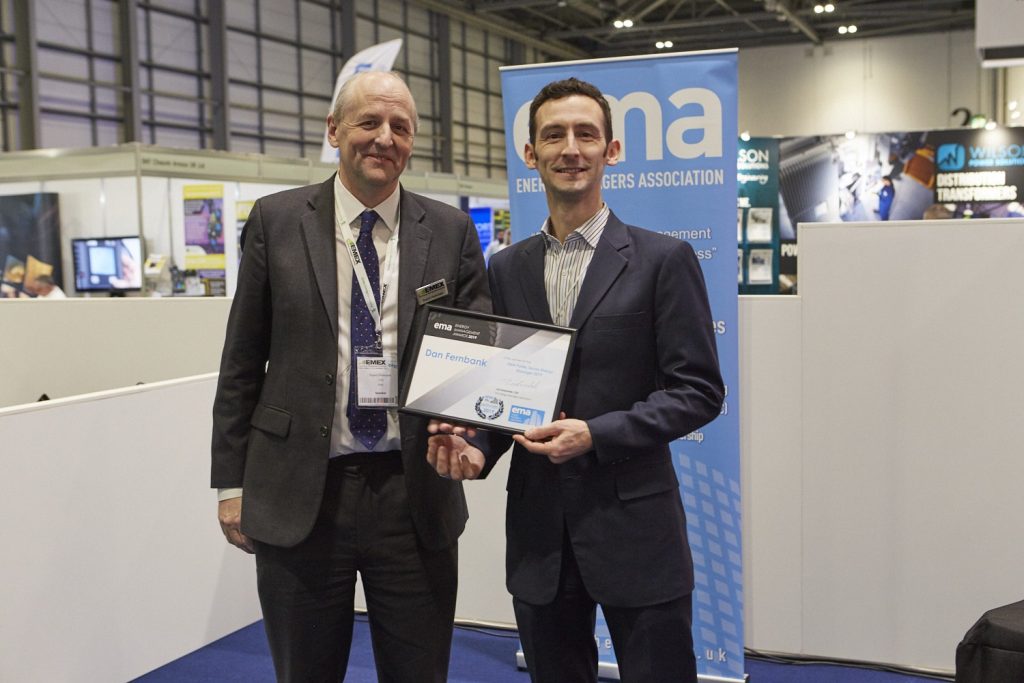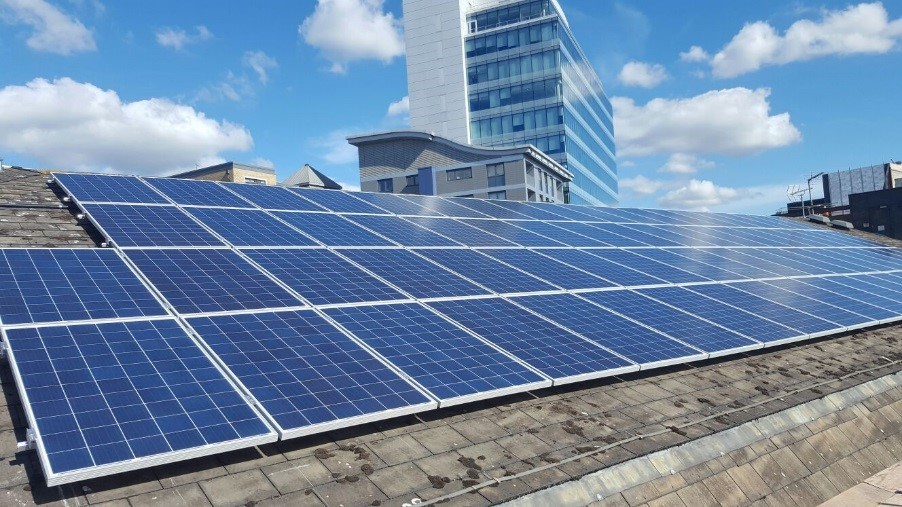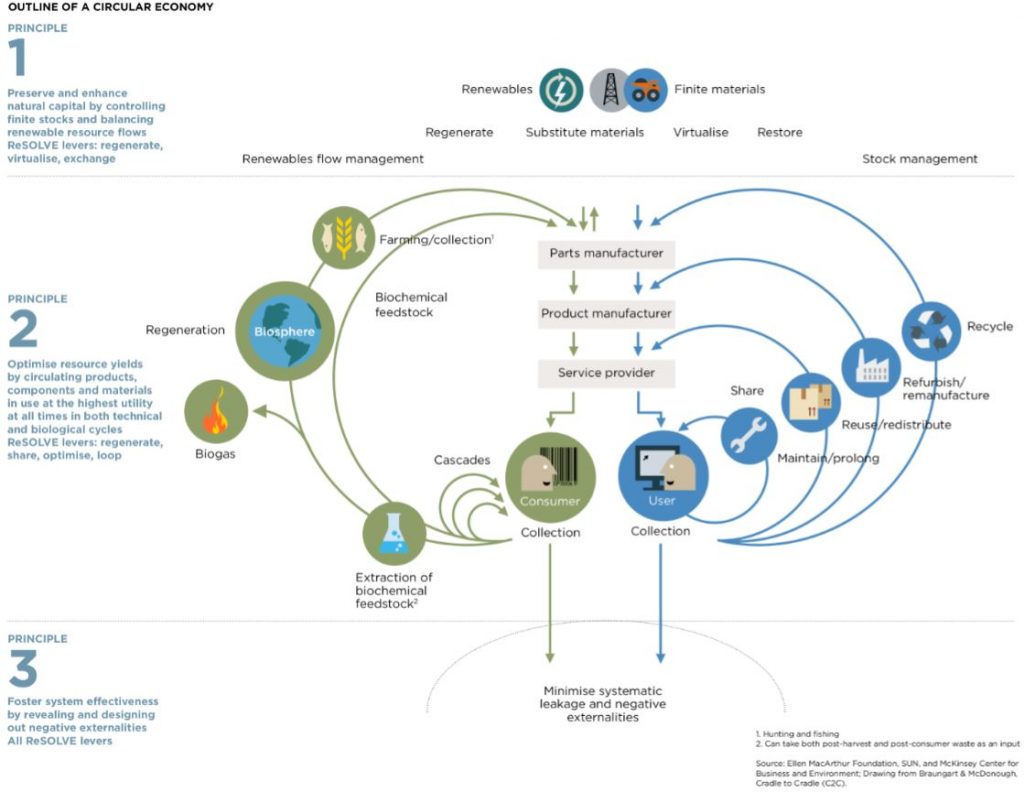Interested in installing air source heat pumps in domestic buildings? Then join this free zoom seminar from Bath and West Community Energy on 6th August at 7pm. For more information about the speakers and to register for this event go to https://www.eventbrite.co.uk/e/renewable-heat-and-heat-pumps-tickets-112789386090
Reading University Energy Manager top in public sector
The University’s Energy & Sustainability Manager, Dan Fernbank, has been awarded Public Sector Energy Manager of the Year at the 2019 Energy Management Awards.
Run by the Energy Managers Association (EMA), the awards recognise and celebrate outstanding work in the energy management and sustainability industry.
Dan has led the University of Reading’s Sustainability Services team since 2011. Some of the team’s main achievements during this time include:
- Ensuring the University met its 35% carbon reduction target in 2016 (compared to its baseline 2008/09 emissions)
- Achieving a 40% carbon reduction earlier this year – keeping the University on track to deliver on its current 45% reduction target by 2021
- Introducing a campus-wide refillable bottle scheme in partnership with Coca-Cola in 2017, helping to reduce the number of single-use plastic bottles on campus by more than 150,000
- Recycling more than 100,000 coffee cups since March 2018
- A major expansion of the University’s solar panel programme, with more than 1,000 individual panels now installed across campus
The EMA judges said: “The winning candidate has overseen an impressive reduction in the organisation’s carbon footprint which has put the organisation as a leader in their sector. The candidate has developed a number of tools which are used to monitor planned operational changes and identify the potential of energy and carbon savings in buildings. His drive is encouraging others to learn from the experiences and promoting the industry to future energy and sustainability professionals.”
Commenting on the award win, Dan said: “As a university with extensive expertise on climate change it is only natural that sustainability is at the heart of everything we do.
“Support and investment from the senior leadership of the University has enabled us to put many of these initiatives and practices into place, but it is participation of our staff and students that have helped us to achieve the fantastic results we have.
“It is very encouraging to receive this recognition from the Energy Managers Association. The University will continue in its efforts to make Reading a greener, more sustainable place to study.”
The award was presented at the EMA’s annual Energy Management Exhibition at Excel, London on 27 November.
Read more about sustainability at the University here – www.reading.ac.uk/sustainability
Reading Hydro: all shares sold!
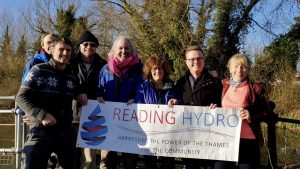
thanks to everyone who supported this new renewable energy scheme for Reading,. Construction can now start
Reading Hydro Share Offer is now OPEN
Exciting News: the Reading Hydro scheme has all of its necessary permits and will be built and commissioned in 2020 at a cost of £700,000.
You can be a part of this by investing as little as £75
If you think you might like to invest in this renewable energy project for the town. then please go to the Reading hydro website and read ALL about it before making your decision: the plans, the risks, the potential investment return and the community benefits
For more information about the scheme and to access the share offer document go to https://hydro.readinguk.org
Invest in renewable energy with Reading Community Energy Society
Reading Community Energy Society (RCES) is launching a new community share offer this week, inviting local people and organisations to invest in renewable energy for the greater Reading area.
RCES is a community benefit society owned by its members and already runs 12 solar energy systems which have been generating clean, green energy for the past two years. In that time, their systems have saved 145 tonnes of CO2 emissions and they have awarded 3 community grants to support wider sustainability initiatives.
The Society are aiming to raise £363,000 so they can install new solar panels on ten buildings in the greater Reading area. The new solar panels will be installed on buildings including University facilities, 2 council buildings and a school. The project is off to a flying start having already installed panels on Woodford Park Leisure Centre in collaboration with Woodley Town Council and a recycling facility owned and operated by Select Environmental Services.
Tony Hoskins, Chair of RCES said:
“Encouraged by the success of our first group of solar projects, the Directors have worked extremely hard to bring together this new opportunity. As a community benefit society, we aim to build low carbon renewable energy generation to help tackle climate change, to raise funds for community projects and to give local people a chance to get involved and make a real contribution to work of the organisation.
By launching this second share offer and building more roof-top solar energy systems, we are opening the opportunity to even more people in an around Reading to get involved and join our existing membership. We hope local residents will take the time to visit our web-site, read the Share Offer document and consider joining us and investing in the new projects.”
Investments are invited from £200 – £20,000 and the Share Offer is expected to launch in the last week of February and will run until 29th March 2019.
More details on the scheme are available on the Society’s website – https://readingenergy.coop/share-offer-2019/ or Call 0845 373 3612
Or see the below attachment
The Circular Economy – Amsterdam rethinking progress for a better future
Overview
Looking beyond the current take-make-dispose Linear extractive industrial model, a circular economy aims to redefine growth, focusing on positive society-wide benefits. It entails gradually decoupling economic activity from the consumption of finite resources, and designing waste out of the system. Underpinned by a transition to renewable energy sources, the circular model builds economic, natural, and social capital. It is based on three principles:
- Design out waste and pollution
- Keep products and materials in use
- Regenerate natural systems
In broader terms, the circular approach is a framework that takes insights from living systems. It considers that our systems should work like organisms, processing nutrients that can be fed back into the cycle—whether biological or technical—hence the “closed loop” or “regenerative” terms usually associated with it.
The Ellen Macarthur Foundation has detailed the Circular economy via a very beautiful video.
Circular economy schools of thought
The circular economy model synthesises several major schools of thought. They include the functional service economy (performance economy) of Walter Stahel; the Cradle to Cradle design philosophy of William McDonough and Michael Braungart; biomimicry as articulated by Janine Benyus; the industrial ecology of Reid Lifset and Thomas Graedel; natural capitalism by Amory and Hunter Lovins and Paul Hawken; and the blue economy systems approach described by Gunter Pauli.
Amsterdam to be fully circular by 2050
Building upon the Dutch national strategy, Amsterdam has committed to becoming fully circular by 2050. It has started the journey to become a circular city with the Circle City in 2015, and has since then started more than 70 pilots in the circular economy.Amsterdam have pioneered a ‘learning by doing’ approach in the circular economy, which has been evaluated in 2017.
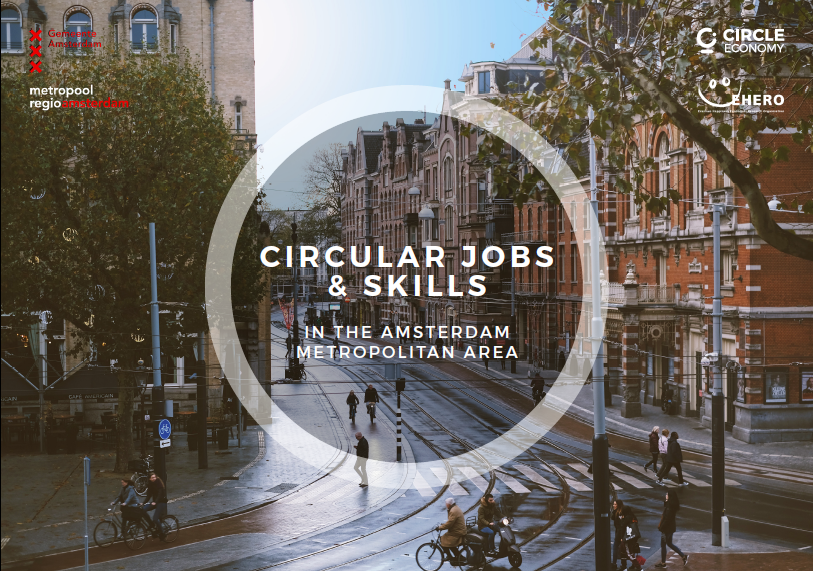
Amsterdam is a hotspot for digital technology, circular design and lifetime extension
Digital technology, circular design and lifetime extension are the most important elements for circular employment in the AMA, and thus, form the distinctive feature of the circular economy in the AMA. Furthermore, in line with national trends, the urban centers throughout the AMA provide the largest number of enabling circular jobs, while core circular employment is located within the urban peripheries.You can read the full proposal here.
Government Consultation on Feed–in-tariffs scheme
This consultation is seeking views on the closure of the scheme for small-scale low-carbon installations to new applicants from March 2019
Consultation Closes 30 September 2018
https://www.gov.uk/government/consultations/feed-in-tariffs-scheme
Government Consultation on The future for small-scale low-carbon generation
This seeks to identify the challenges and opportunities from small-scale low carbon electricity generation in contributing to government’s objectives for clean, affordable, secure and flexible power. It also seeks information on the role for government and the private sector in overcoming these challenges and realising these opportunities.
This call for evidence is aimed at individuals and groups with any interest in the small scale low carbon industry. In particular the government is seeking views from affected individuals, energy suppliers, and industry, including manufacturers suppliers and installers.
Consultation closes 30th August
https://www.gov.uk/government/consultations/the-future-for-small-scale-low-carbon-generation-a-call-for-evidence

